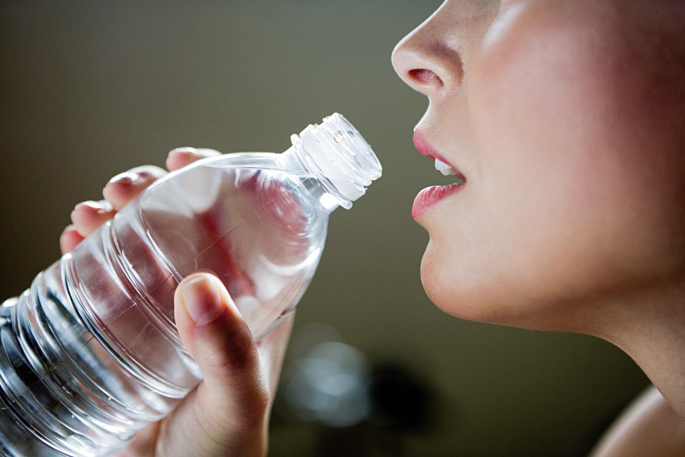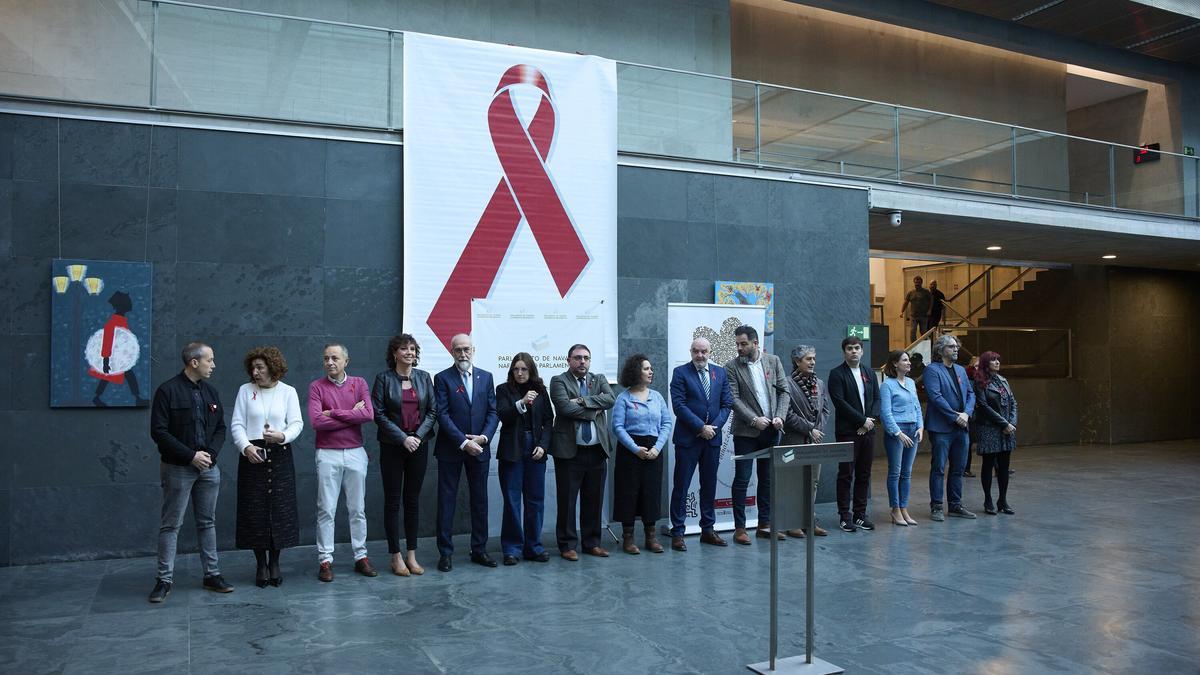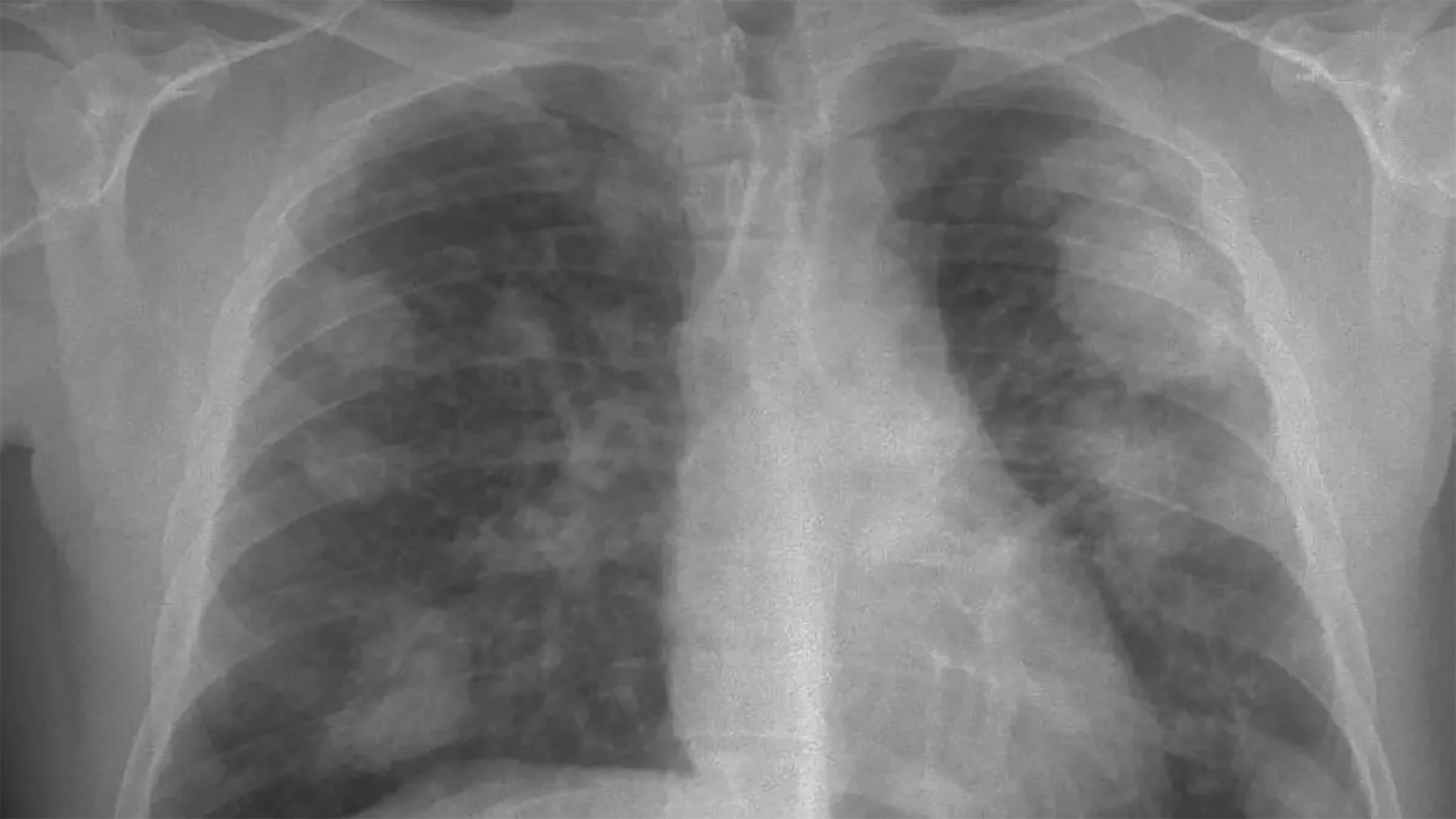The myth of the need to drink two liters of water a day

It becomes fashionable that you have to drink a lot of water: two or three liters a day. And the first question that comes to my mind is: Is that consumption of water good for health? And if so, how much?
60-70% of our body is water. Therefore, although the habit of drinking water continuously does not matter to a normal person, it can be a barbarity for those who have heart or circulatory problems, which will eventually lead to heart failure or edema. And it doesn't make sense for those who are taking diuretics to flush water and salt out of their diseases to try to ingest two or three liters of water a day, following trends that have no scientific basis and often come from the media's hand.
To what extent should we consume water? If a person has the kidneys, heart, lungs and hypothalamus, which is where the center of thirst is, he should drink only when he is thirsty, not another drop. So how has this water hobby spread? I see a big marketing campaign for all of us to drink water. In addition to the economic issues that may be behind, there have been some false beliefs that have no scientific basis on the pretext of promoting health: that drinking too much water will remove wrinkles, that our health will improve, and many more.
There is no evidence to show that drinking two liters of water a day is beneficial to your health, but not the opposite. A study conducted in 2012 by the University of Darmouth in the United States showed, among other things, that the body is able to properly control and regulate the body's water balance through urine and thirst. This same study shows that high fluid intake can be harmful in some cases.
Another study conducted in 2008 by the University of Pennsylvania also looked at whether drinking two liters of water a day helps remove toxins from the body, improves the functioning of the body and is beneficial for losing weight or not. The conclusion of the research was that there is a lack of evidence to demonstrate all these hypotheses, but the authors clarified that there is no evidence to show otherwise.
What, therefore, would be the natural, acceptable, correct consumption of water? A distinction should be made between people who lead a normal life and people with special needs, such as athletes who train a lot. Whoever does not exercise much should drink, no more, no less, according to the thirst he feels. These TV ads that encourage you to drink two or three liters a day are misleading advertising with no scientific basis, which benefits the pocket of those who bottle that water more than your health.











.jpg)










